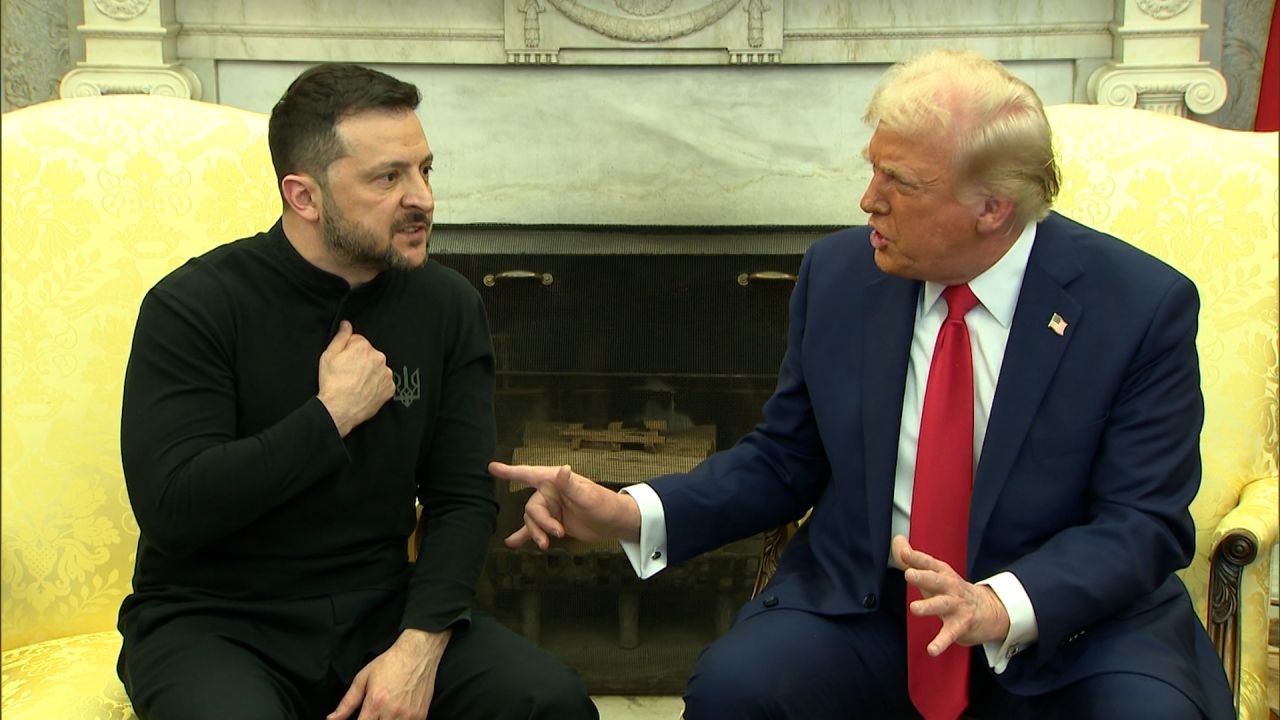Author:
Szymon Tochowicz
BATNA in Action: How Alternatives Shape High-Stakes Negotiations
Before entering any negotiation, one critical question must be asked: What happens if I fail to reach an agreement? This applies equally to business, politics, and international relations.
Negotiation power comes from options. The more alternatives you have, the stronger your position. A compelling example of this principle in action can be seen in real-world negotiations between the USA, Ukraine, and Europe over access to Ukraine’s rare earth minerals—a critical resource for high-tech industries and economic security. This negotiation has unfolded as a form of compensation for military support during the war that Russia started, highlighting the strategic importance of such resources.
How Negotiation Power Shifts with BATNA
Let’s explore a scenario where a country negotiates access to its rare earth minerals with a powerful partner. Initially, the country relies on a single negotiation partner, believing it has limited alternatives. The stronger party assumes it holds all the leverage, dictating terms under the belief that its economic and strategic support is irreplaceable.
However, the situation changes when a new player enters the negotiation—offering an alternative deal. Suddenly, the original negotiating partner is no longer the only option. This shifts the balance of power, forcing a reassessment of the terms. The first partner, previously confident in its dominance, must now consider how to remain competitive.
This is BATNA (Best Alternative to a Negotiated Agreement) in action. By securing alternatives, a negotiator strengthens their position and gains the ability to push for better terms.
How to Strengthen Your BATNA in Negotiations
Whether negotiating trade agreements, business deals, or strategic partnerships, strengthening your BATNA is essential. Here’s how:
✅ Develop alternatives before negotiations begin – The strongest negotiators prepare backup plans well in advance.
✅ Make sure the other side knows you have options – Leverage is most effective when recognized by your counterpart.
✅ Use competition to improve terms – A credible alternative creates pressure, driving better offers.
The Bigger Picture: Strategic Negotiation and Long-Term Impact
High-stakes negotiations are rarely just about the immediate deal—they shape long-term relationships and geopolitical landscapes. While competition can be used strategically, allies and business partners should aim for mutually beneficial agreements rather than zero-sum battles.
Understanding BATNA isn’t just about winning—it’s about ensuring sustainable, fair outcomes in any negotiation. By recognizing the power of alternatives, businesses and nations alike can negotiate from a position of strength rather than necessity.






